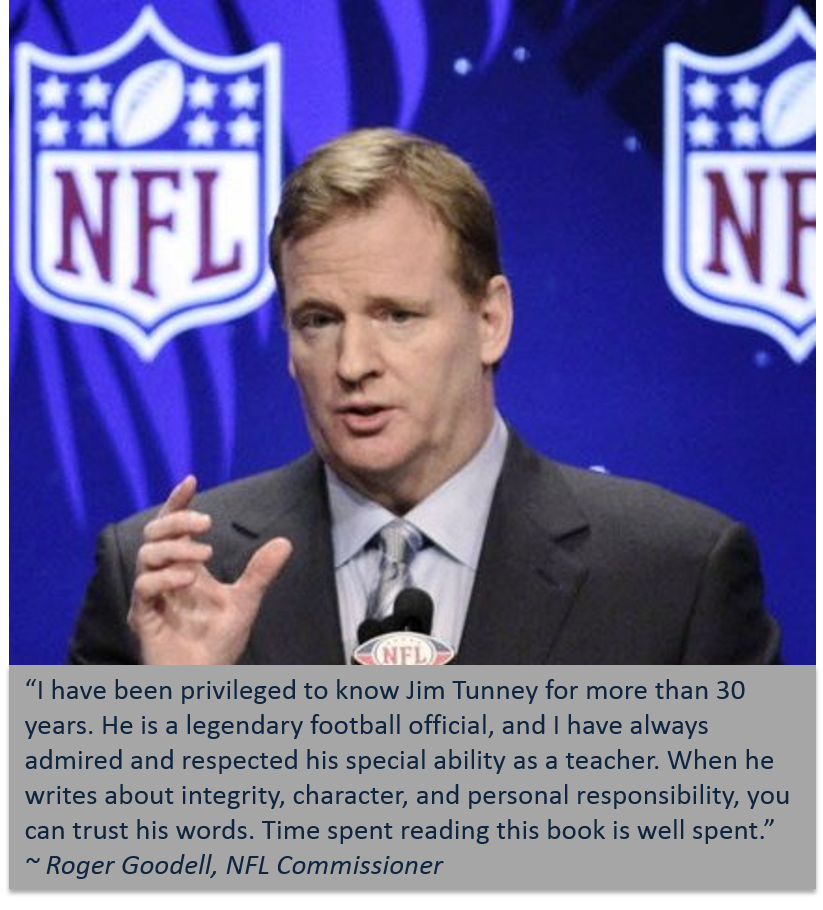On the TUNNEYSIDE of SPORTS March 31, 2014 # 482 Up next…Student-athlete or employee?
After further review…Signs at the scorer’s table during some March Madness games read: “NCAA Scholar-Athlete.” The Tunney Side has always believed that young men and women go to college for an education to prepare them for their life’s work. Along the way they may be privileged to participate in the athletic program of their choice. Is this broad definition (some might even say “archaic”) of the student-athlete passé?
In today’s environment many athletes are recruited by colleges in anticipation of strictly athletic performance and education takes a back seat. Some NCAA athletes are now claiming that they should have a share in the revenue generated by their play. The NLRB has granted union status to athletes at one noteworthy university by claiming they are employees. The NCAA claims they are student-athletes and not employees. Stay tuned.
Another recent class action lawsuit against the NCAA asserts that players should be paid part of the income garnered by that organization’s income. Does a tuition-free education including free room and board and a monetary stipend, count as enough pay? Some argue that the “spending money” needs to be increased, while many of those in responsible positions say such money wouldn’t be spent any more wisely than it is now.
What is a college degree worth today? A recent television program interviewed athletes on the subject of class attendance and major selection. More than a few said their college major was “General Studies” or “Multi-disciplinary Studies,” and regular attendance was not mandatory. The vast majority of college athletes does not go onto professional careers and thus enter the world of work with a degree (if one has even been granted) that is not of much value.
Are college athletic programs using their athletes to achieve a successful season and subsequent playoffs, where rich financial rewards await? In order for athletic programs to be successful, coaches justifiably demand rigorous attention and attendance at practices and workouts. How much attention in given to teaching athletes critical thinking, which will be required for most of their lives?
Some athletes enter college substantially short of the basic education necessary for them to succeed academically. Is enough attention paid to achieving baseline academic performance for those individuals? Are those kinds of changes realistic at the university level?
Will you log-in with your thoughts about the current college student-athlete status?
To contact Jim go to jimtunney.com or email him at jim@jimtunney.com.
“101 Best of Tunney Side of Sports” is now available at jimtunney.com/store.



